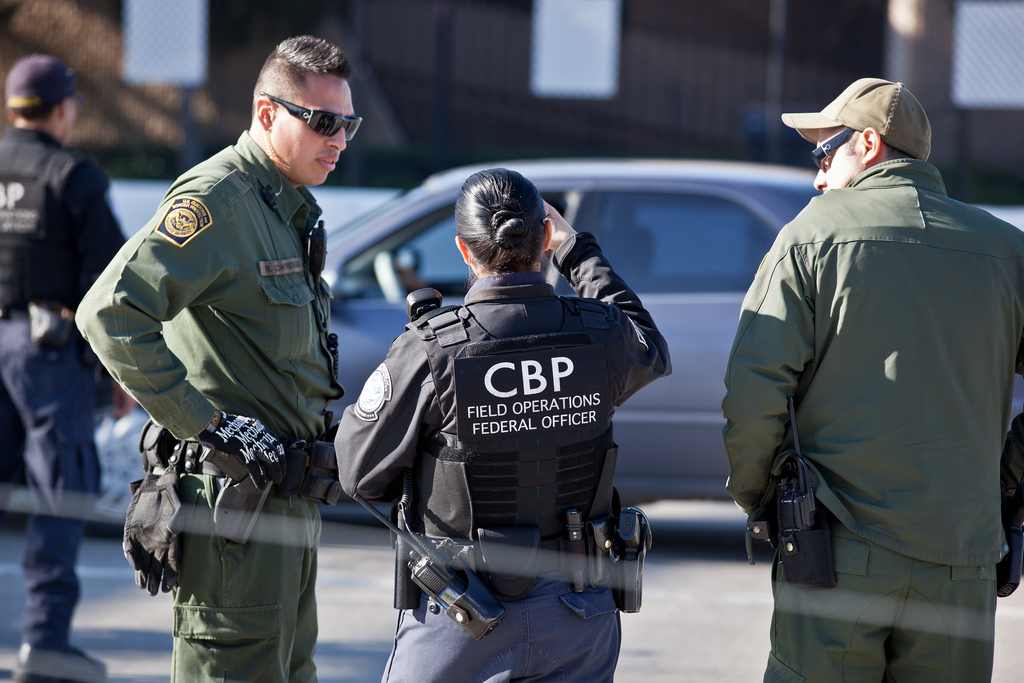This week, U.S. Customs and Border Protection (CBP) released its long-awaited, new National Standards on Transport, Escort, Detention and Search (TEDS), which govern the transfer of individuals in CBP custody, procedures for handling such individuals’ belongings, conditions in CBP detention facilities, and personal searches. These standards create minimum requirements which the United States Border Patrol or the Office of Field Operations may choose to supplement with additional guidance or protocols specific to their jurisdictions.
The announcement of publicly available policies was a welcome development towards transparency and an acknowledgement by CBP of the concerns that have been voiced by border communities and immigration organizations for some time.
According to the American Civil Liberties Union (ACLU) and the Women’s Refugee Commission some potentially positive policy changes include: “limiting the use of shackles as a ‘punitive’ measure while in CBP custody, adopting principles required by the federal Prison Rape Elimination Act (PREA),” special protection for those at greater risk—including pregnant women, children, and survivors of sexual abuse, requiring facilities to provide children with blankets and consistent access to food and to house unaccompanied children separately from adults, and requiring CBP to keep families together, a protection that has not always been secure in the past.
However, groups issued cautions and highlighted significant shortcomings:
- On oversight and transparency, the National Immigrant Justice Center said while TEDS could result in the improved treatment of individuals “[g]iven the enormous flexibility CBP gives itself in TEDS to implement what is ‘operationally feasible’ and the lack of accountability mechanisms built into the policy itself, meaningful oversight and transparency by CBP headquarters and stakeholders during the roll-out of the standards will be essential.”
- On improving the treatment of migrants and community impact, Jennie Johnson of the Southern Border Communities Coalition said, “…these standards still fall short of ensuring humane and dignified treatment of migrants and border residents and fail to establish meaningful accountability and oversight mechanisms. Both the U.S. Border Patrol and Office of Field Operations must build upon and strengthen these standards.”
- On detentions conditions and rights of asylum seekers, Jennifer Podkul of Women’s Refugee Commission noted, “Despite the progress, the policies do not go far enough to protect asylum-seekers’ rights. The new standards don’t require beds or soap, and allow CBP personnel to leave the lights on 24 hours a day…These women and children are fleeing violence at home and have suffered trauma during the journey. We can do better than welcome them with a cold, bare concrete cell. That’s not in keeping with the generosity America has traditionally shown toward refugees.”
- On new detention standards, Chris Ricked of the ACLU said, “Unfortunately, the standards fall short of constitutional adequacy and fail to address a federal judge’s recent concern that ‘widespread and deplorable’ detention conditions exist because CBP policies aren’t implemented. CBP needs to designate full-time detention-oversight personnel, upgrade the policies announced today, and establish a robust, independent inspection regime for all holding cells.”
The public release of TEDS has been called “an important first step, but there is a long way to go.” Border Patrol and Field Operations will have to implement these standards in a meaningful and transparent way. This means not only issuing more detailed policies of its own but explaining to the public how compliance will be assured so that everyone is held accountable.
Photo Courtesy of U.S. Customs and Border Patrol.
FILED UNDER: ACLU, featured, National Immigrant Justice Center, Southern Border Communities Coalition, TEDS, Women’s Refugee Commission


